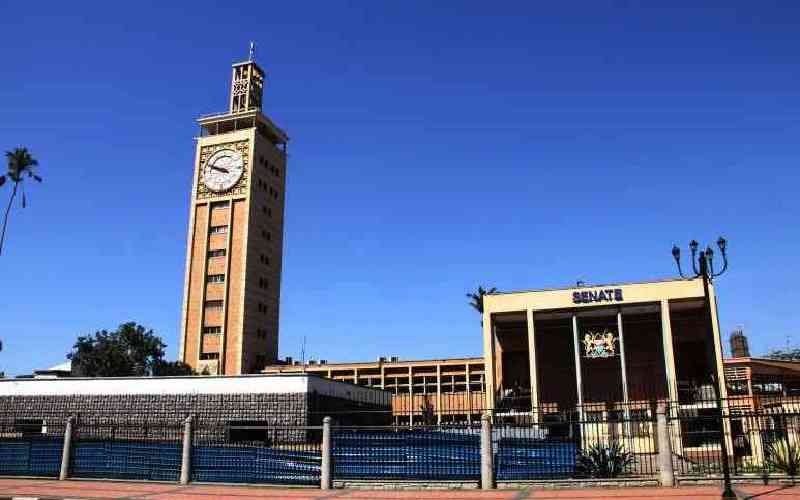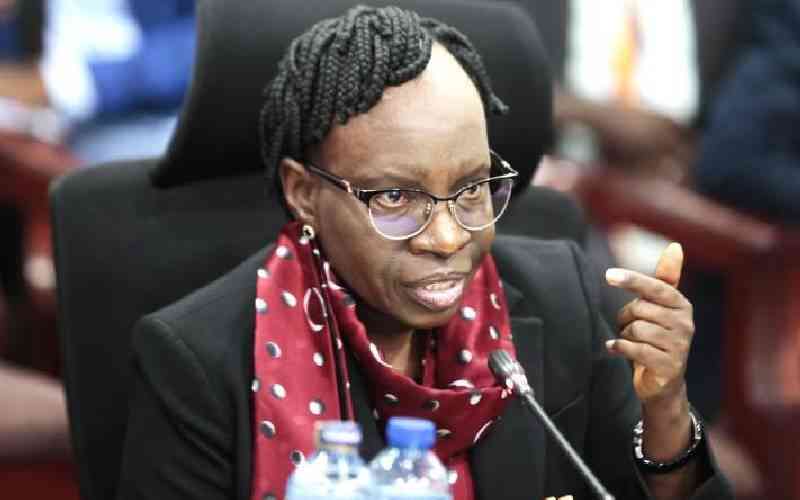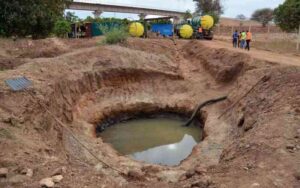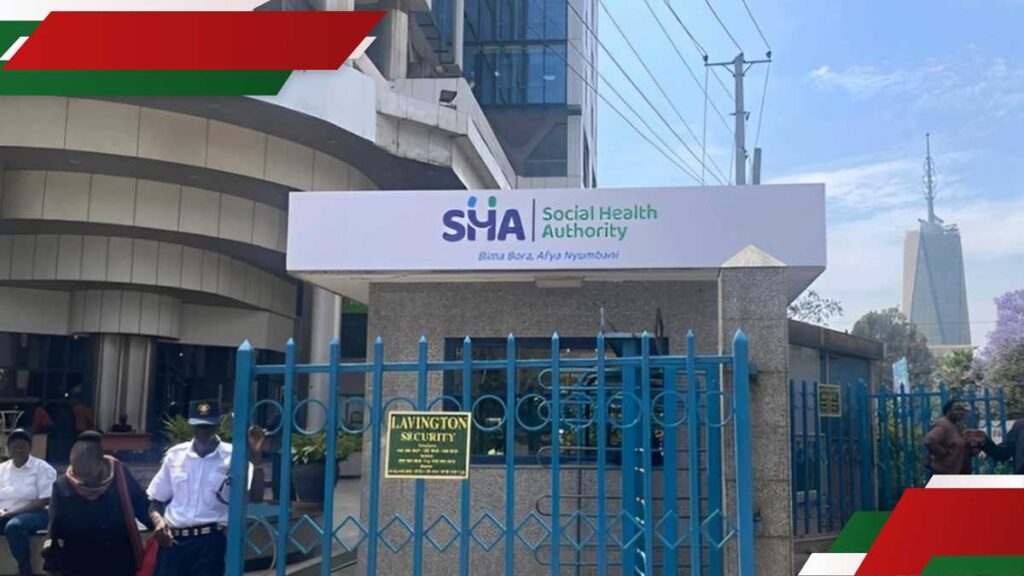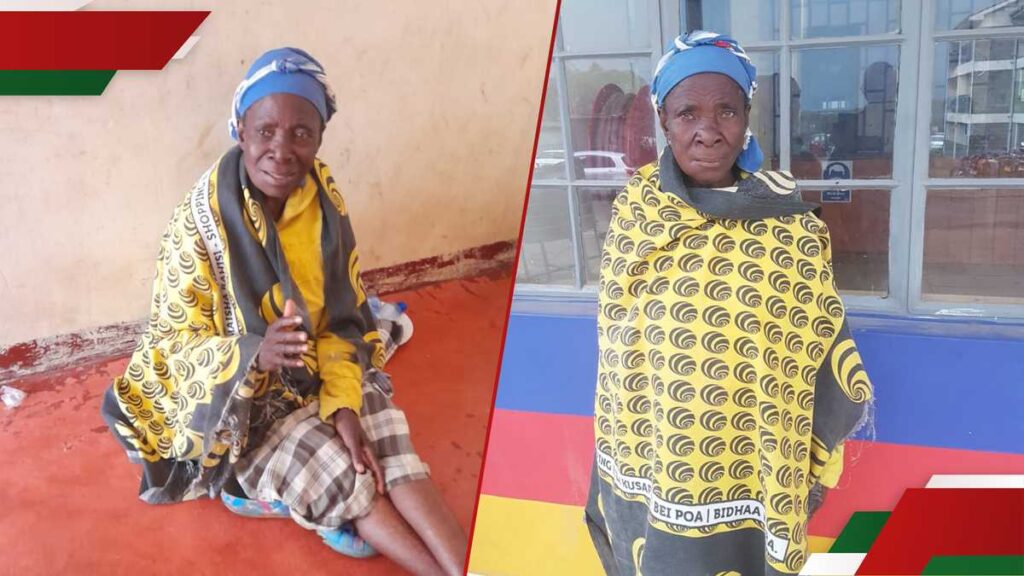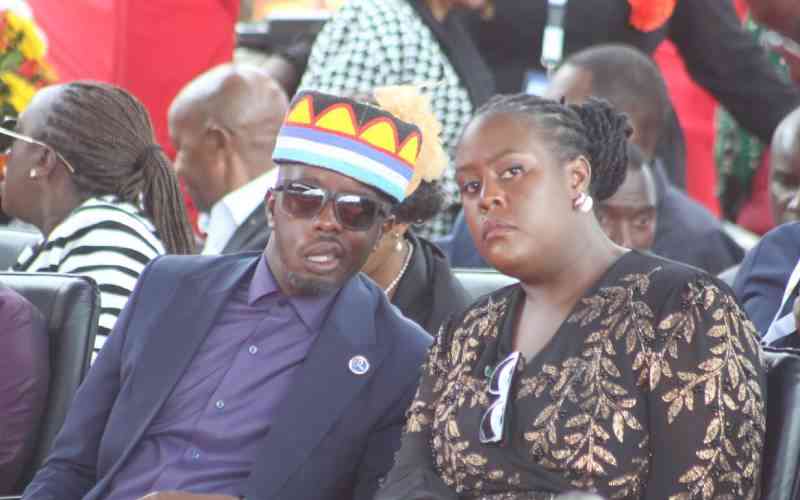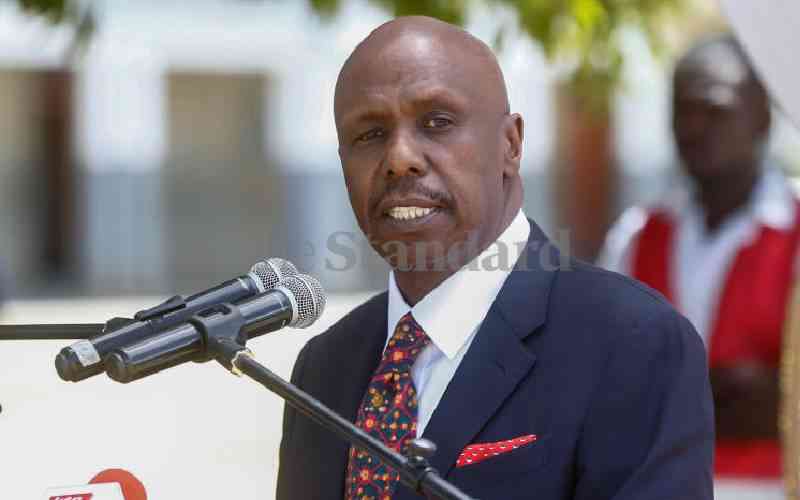A looming standoff is brewing between the Senate and the National Assembly over the equitable revenue share for counties in the 2025/2026 financial year.
The Senate has approved an allocation of Sh465 billion, while the National Assembly has capped the figure at Sh405 billion.
The sharp difference in proposals is likely to trigger a mediation process to avert a funding crisis in the counties, which could severely disrupt service delivery.
In a communication to the Senate on the Division of Revenue Allocation Bill 2025, National Assembly Speaker Moses Wetang’ula explained that the Sh405 billion allocation—approved by MPs on April 9—represents 25.8 per cent of the audited and approved revenue for the 2020/21 financial year.
Wetang’ula noted that the lower figure was based on prevailing revenue performance and the government’s fiscal consolidation plan, which targets a fiscal deficit reduction to 4.3 percent of GDP in the 2025/26 financial year. The plan aims to curb public debt accumulation and achieve fiscal sustainability.
He also cited external factors such as global supply chain disruptions and rising U.S. Federal Reserve interest rates as causes of low domestic revenue collections. Despite these challenges, he said county governments continue to receive full allocations, unlike the national government, which absorbs budget cuts.
Senate Finance and Budget Committee Vice Chairperson Tabitha Mutinda defended the Senate’s Sh465 billion proposal. She cited factors including the Housing Levy deductions, pending bills due to non-remitted statutory payments, and the rollout of County Aggregation and Industrial Parks as key financial burdens on devolved units.
Mutinda also referenced funding gaps in the Community Health Promoters Programme, where some county governments have yet to disburse their share of remuneration despite national government support.
Senate Majority Leader Aaron Cheruiyot criticized the inefficiency in counties, noting that about 34 out of 47 counties spend more than 50 per cent of their shareable revenue on recurrent expenditure. He questioned the rationale of increasing allocations when much of it is not used for development.
“It makes no sense to fight for Sh400 billion or Sh450 billion for counties if more than 50 per cent of that money is used to pay just 300,000 to 400,000 citizens while excluding millions of others,” said Cheruiyot.
Senate Chief Whip Boni Khalwale supported the Senate’s allocation, arguing it achieves balance with the national government’s proposed Sh2.231 trillion share. He called for equity in national development, urging the executive to distribute resources fairly across all eight regions.
Migori Senator Eddy Oketch faulted the National Assembly for using outdated audited reports to determine county allocations. He argued that using current projections—Sh2.7 trillion in revenue—would justify at least Sh470 billion for counties.
Nyamira Senator Okongo Omogeni lamented that the proposed Sh405 billion represents only about 21 per cent of audited revenues, contrary to claims of 25.8 per cent. He warned that continued underfunding would turn counties into mere employment centres with no tangible development.
Vihiga Senator Godfrey Osotsi termed the National Assembly’s bill unconstitutional, citing a Senate-approved Budget Policy Statement supporting a Sh465 billion allocation. He argued that the proposed 14.28 per cent share for counties falls below the constitutional minimum of 15 per cent.
Stay informed. Subscribe to our newsletter
Osotsi called for thorough scrutiny of the bill’s legality and urged Parliament to rectify the disparities to uphold the principles of devolution.








